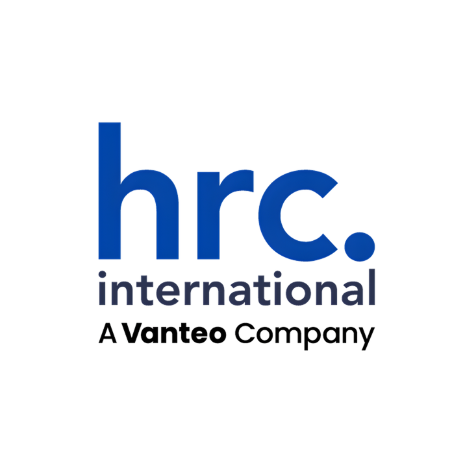Modern hotel teams bring together people from around the world. Leading them requires more than operational knowledge—it demands cultural intelligence, emotional insight, and inclusive leadership. That’s where robust hospitality training programs, including international placements, make a difference.
1. Understanding Global Workplaces Starts With Exposure
The best way to prepare for multicultural leadership? Be immersed in it.
Hospitality training programs like the J-1 Visa offer the chance to work in global hotels with team members from around the world. This hands-on exposure helps trainees learn how to communicate across cultures, navigate different work styles, and build mutual respect.
According to Deloitte, companies with inclusive cultures are six times more likely to be innovative and twice as likely to exceed financial targets. This proves why leaders who deeply understand cultural differences drive both team cohesion and business success.
Whether you’re shadowing a French pastry chef in a U.S. kitchen or coordinating a guest experience with colleagues from Asia and Latin America, every moment teaches cultural sensitivity—a must-have for effective leadership.
2. Training That Builds Cross-Cultural Leadership Skills
Leading in a multicultural setting demands more than basic management. It requires emotional intelligence, active listening, and inclusive decision-making.
Hospitality training programs focus on these exact skills. From team-building exercises to real-time guest interactions, trainees learn to adjust their approach depending on who they’re working with. Programs often include:
- Rotational training across departments
- Feedback and coaching sessions
- Diversity and inclusion workshops
Through guided mentorship and cross-departmental rotations, hospitality trainees gain experience giving constructive feedback, de-escalating misunderstandings, and tailoring communication approaches. Training benchmarks, such as journal reflections or peer evaluations, foster self-awareness necessary for inclusive leadership.
By the end of their training, hospitality trainees will not only grow their technical capabilities but also gain confidence in managing interpersonal dynamics—especially in teams with multiple nationalities and backgrounds.
Read more: The Benefits of Multicultural Environment in Hospitality Jobs
3. How Employers Maximize Entry-Level Potential
Hospitality employers are actively investing in leadership development right from the entry-level stage. A recent report by AHLA reveals that 64.9% of hoteliers still face staffing challenges, prompting investments in career growth programs to retain staff and strengthen leadership pipelines. Additionally, many hotels are creating transparent promotion pathways—proof that the industry is prioritizing leadership growth and investing in their future team leaders.
These efforts include mentorship schemes, leadership workshops, and rotational programs designed to fast-track entry-level staff into supervisory roles. This mirrors findings from the AHLA Foundation and Lightcast, showing a 12% projected job growth in hospitality over the next five years—outpacing national averages—highlighting the industry’s rising demand for skilled, forward-thinking leaders.
Training Benefits:
- Employers invest resources in structured growth paths for newcomers.
- Entry-level staff gain visibility, mentorship, and soft-skill development early on.
- This builds loyalty and equips the next generation of managers and supervisors.
4. Turning Training into Leadership Success
International training sets you apart. Completing structured hospitality training programs—especially abroad—signals to employers that you’re not only operationally competent but also culturally agile and emotionally skilled.
Leaders who emerge from such programs display:
- Cultural intelligence
- Emotional resilience
- Strategic collaboration
- Inclusive decision-making
What happens after a hospitality training program? Many alumni move into supervisory or management roles within just a few years. Their advantage? Real-world experience, adaptability, and the soft skills they built from day one. Checkout our Alumni testimonials here!
Diverse teams also yield better outcomes: eduMe stated that organizations that invest in these areas are 1.7 times more likely to be innovation leaders. In hospitality, that means better guest experiences, smoother operations, and stronger brand reputation.
Ready to Lead Globally?
Hospitality training programs aren’t just about “temporary jobs”—they’re about building the leadership skills that today’s global industry needs. With a blend of cross-cultural experience, real-time coaching, and long-term mentorship, these programs shape the leaders of tomorrow.
At HRC International, we’re proud to offer structured hospitality training programs that prepare young professionals to lead confidently across cultures. Join our community of global talents and explore the next step in your hospitality journey.
👉 Learn more about our programs and start building your path to global leadership today!
